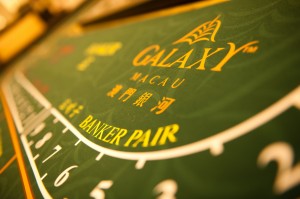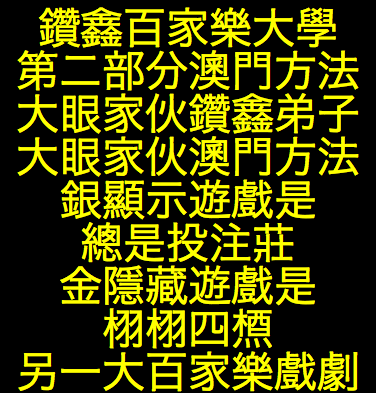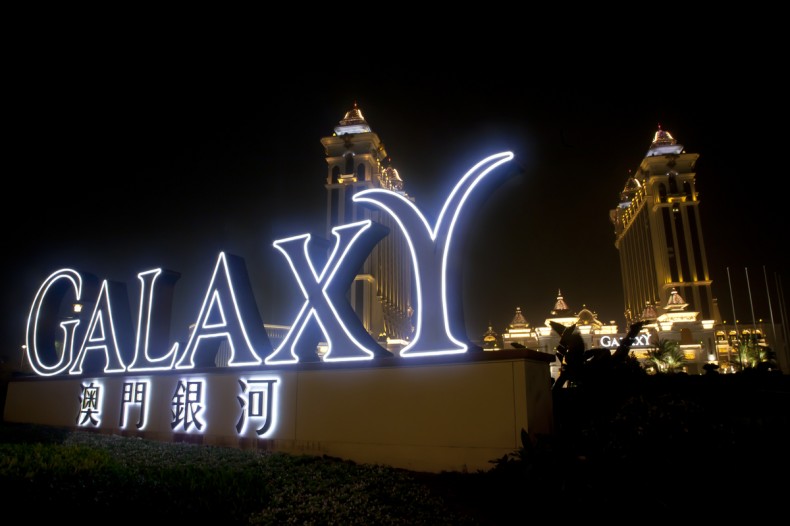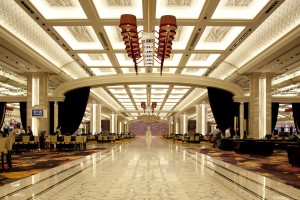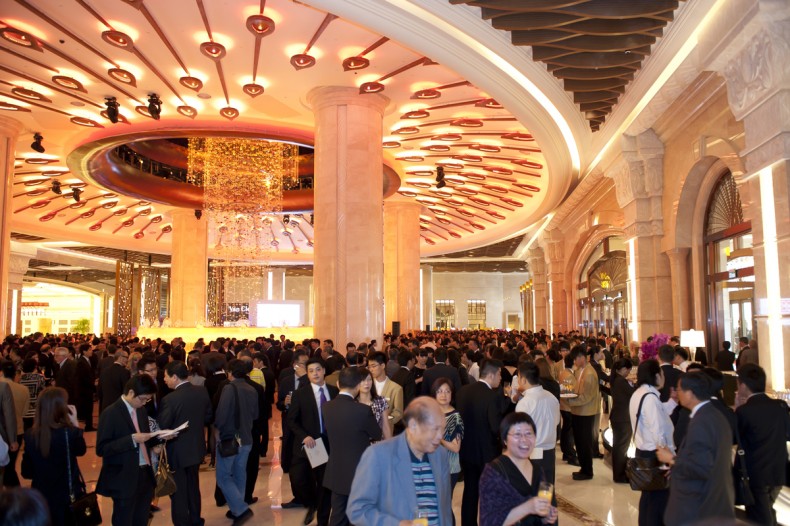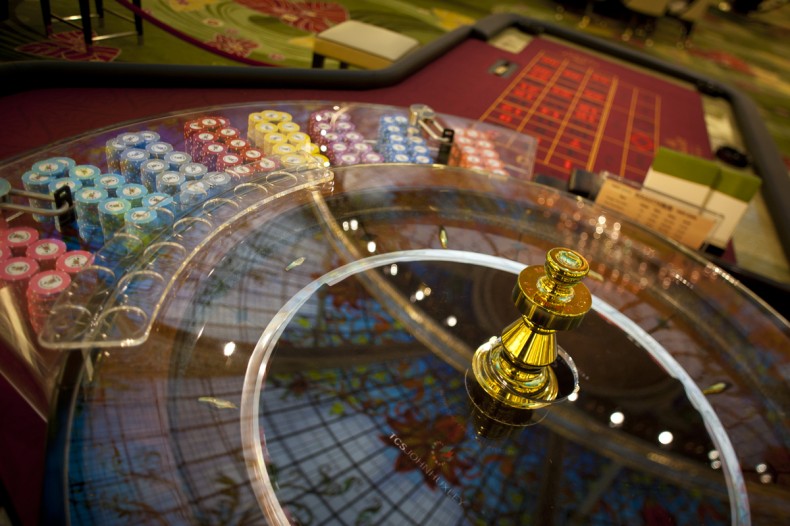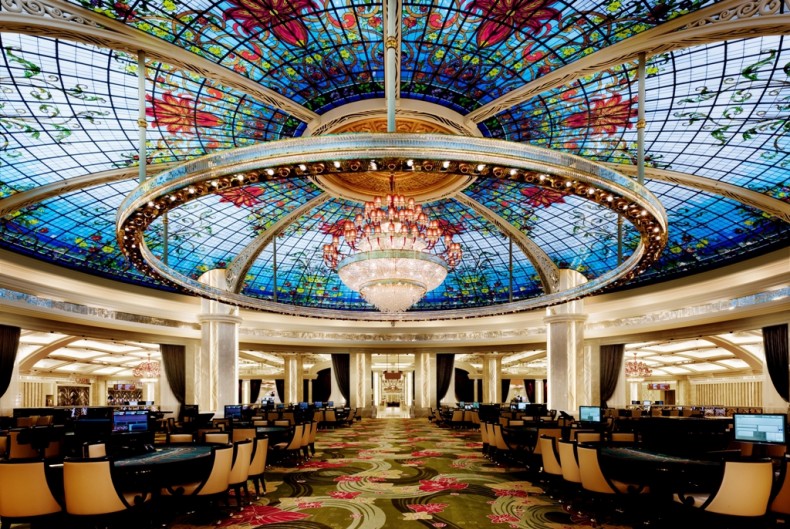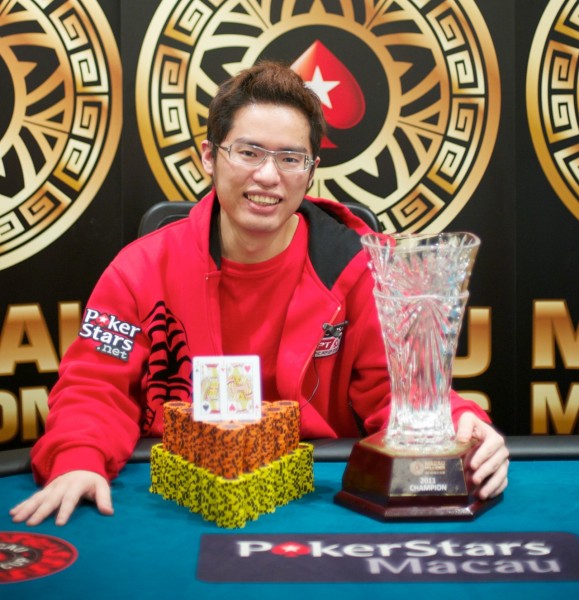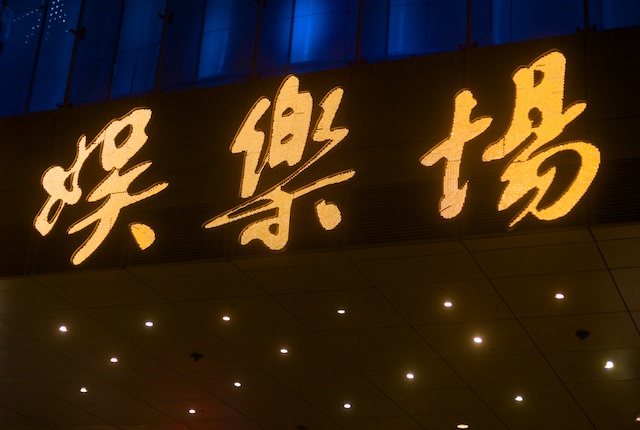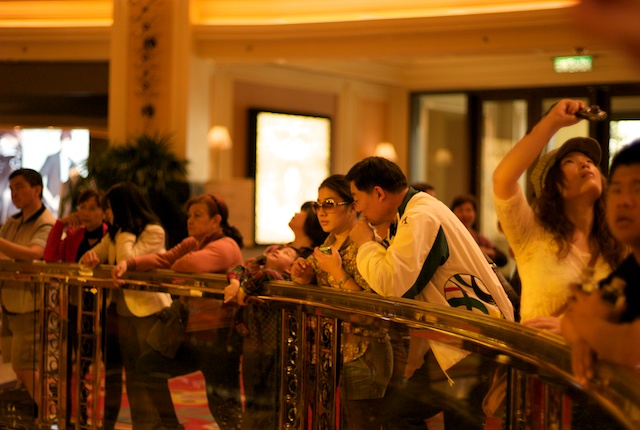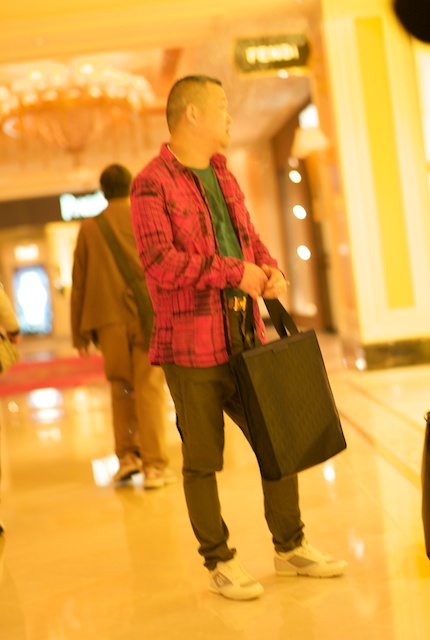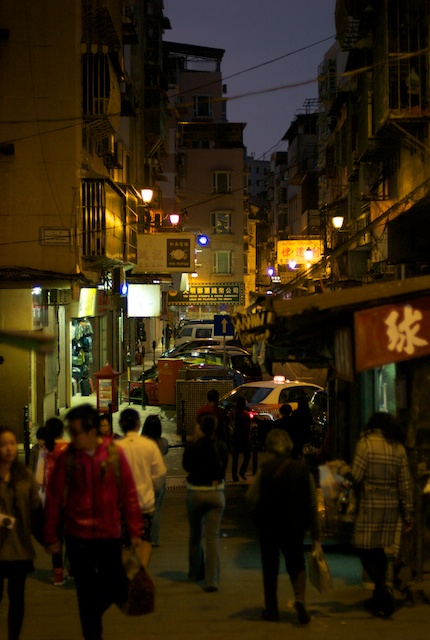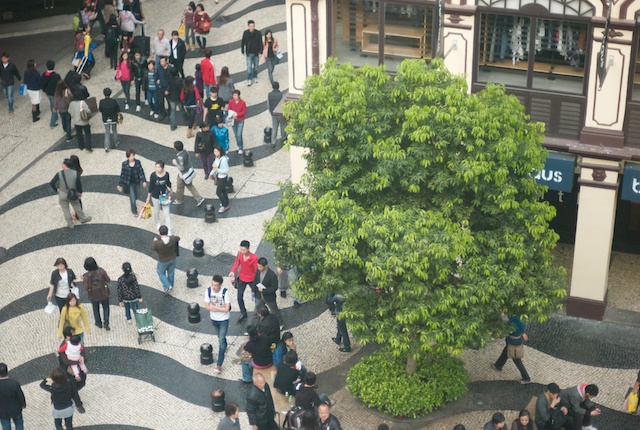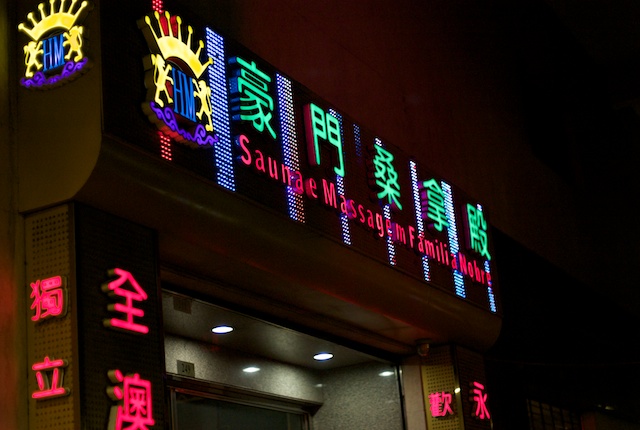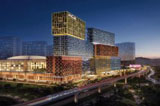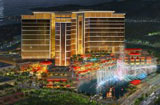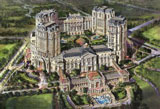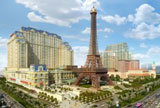The Executive Yuan, which runs the government of Taiwan in collaboration with the Legislative Yuan, has drafted a bill governing the operation of casinos, according to a report in Macau Daily Times. And naturally, the newspaper turned for comment to experts who have no idea about the country, its politics, its relationship with China, and yet who immediately come up with conclusions about the impact of casinos there on Macau. One of them, the DICJ chief, says he thinks there will be an affect in the “medium term”, which, we suppose, is sometime in the future, longer than the short term and shorter than the long term. One of the reasons, he thinks, could be that smokers might prefer to go there after Macau introduces its anti-smoking regulations. Two others, one from an investment bank based in Hong Kong and the other a consultant based in Las Vegas but who helped the Singapore government draft its own policy framework for gaming, instantly dismissed talk of mainland punters being diverted to Taiwan, their logic apparently being that the mainland government won’t stand for it.?? Here is our take on it.
First, Taiwan being a true democracy, the bill is highly unlikely to sail through without significant horse-trading and amendments. And this is before it has even been decided where any casinos might be built. So there is no point speculating now on what the effective gaming tax rate will be the bill is deliberately vague already, hoping for between 12% and 15%. The devil will come out in the fine print.
Second, where the casino(s) might be built is the crucial factor. If the Taiwanese are nuts and we say this cautiously after having spent six years living there they will try again to put it in Penghu, which is too small and remote to generate more than a few hundred, possibly a few thousand, visitors per day, and is inhabited mostly by fishermen who don’t know how to play the cash-for-votes game well enough. But if the ruling KMT can get this bill through while Ma Ying-jeou is still president, the moneymen allied to the party will undoubtedly ensure Kinmen is the chosen spot. Why? Well, it’s swimming distance from China, the local population are all KMT devotees from years of military occupation, and the moneymen can more easily strike a deal with their friends in Beijing there.
To be sure, if the Taiwanese do it right, a casino in Kinmen will be a serious challenge to Macau the day it opens. There are several fundamental reasons why.
1) Geography: It will be easier for visitors from Fujian, who currently account for the second-largest number of gaming visitors to Macau, to get to Kinmen than to Macau. Moreover, their next-door cousins from Zhejiang province the richest in China after Guangdong will find it easier, too. In fact, if we were to imagine a Chinese government pondering where to put a casino in the vast realm of the country after it had amended the constitution, and it wanted to generate maximum tax revenues, it would be somewhere between Fujian and Zhejiang far away enough from Beijing and Shanghai, but close enough to the richest population centers outside of those showcase cities. (Hainan would be an option only if the PLA had decided it wanted to control access more carefully.)
2) Controlled access: Kinmen is like being inside China, but with enough water separating it from the mainland to ensure access is easily controlled from the Chinese side by the PLA (albeit not as easily if it were in Hainan). And it is far enough from Taiwan’s main island that it would likewise not pose a security threat for the Taiwanese military.
3) Modern history: As far as China is concerned, there could be no better place for Taiwan to put a casino. Xiamen and Kinmen is where the two sides shelled each other on alternate days in the 1950s when the PLA realized it didn’t have the wherewithal to take on the US Seventh Fleet. Today, it would be hugely symbolic if the two sides were to cooperate in allowing Chinese visitors increased access to a Taiwanese playground.
4) Political history: People who proudly call themselves “native Taiwanese” (benshengren) remember all too well the story of the founder of the first Chinese administration in Taiwan. Koxinga (Zheng Chenggong) was a famous general/pirate who used Xiamen and Kinmen as his case of operations in resisting the inevitable conquest of the Ming dynasty by the Qing, and who eventually drove the Dutch from Taiwan. What they remember most sadly, however, was how Koxinga’s resistance against Qing (mainland) forces was ultimately in vain, as his grandson was forced to surrender the island two decades later, after the Qing imposed a coastal ban on trading with the rebel forces on Taiwan. The lesson from that, which is still loudly promoted by today’s pro-independence supporters in Taiwan? If you become economically reliant on the mainland, you will eventually be screwed. So the Communist Party will see the opening of a casino in Kinmen as a golden opportunity to show their compatriots in Taiwan that the opposite is true, thereby winning over the mistrust of the Taiwanese opposition and helping to secure the pro-China KMT’s grip on power.
5) The Taiwanese will do it right: Forget about Sands, Wynn, MGM, Harrahs or any other of the so-called international gaming brand names. Think SJM, Galaxy, Melco-Crown, Genting as strategic partners, perhaps even mere licensees, to a Taiwanese conglomerate that has strong ties in Beijing. Singapore will not be the model (even though they might say they want it). Taiwan and Singapore could not be more different. Indeed, except for the democracy, Taiwan is more like China than either Hong Kong or Macau. Its triads share the same roots, its people speak Mandarin, and guanxi has always been the most important factor in doing business. And did we forget to mention that most Taiwanese have ancestral homes in Fujian, and that their dialects are the same? A Taiwanese casino in Kinmen would print money from day one.
So, how big an impact could it be on Macau? That is obviously much harder to say. The central government obviously will not want to be seen to be taking food from one child and giving to another. So it might well turn out that visitation is boosted to Macau at the same time that Taiwan is opened. And it would take Kinmen some time to build up its infrastructure. But we have little doubt that Kinmen would erode Macau’s share of the China gaming market in a way that Singapore cannot over the longer term.
Indeed, whatever happens in Kinmen will be done with the country’s best interests in mind. Americans feeding off the Chinese breast in Macau at the moment can’t expect it to continue indefinitely, and the development of another Chinese gaming center in Kinmen may embolden the government to take further steps to liberalize gaming onshore, where it can be regulated properly and taxed properly. Stay tuned for further developments. Copyright & used with permission of IntelMacau.com











